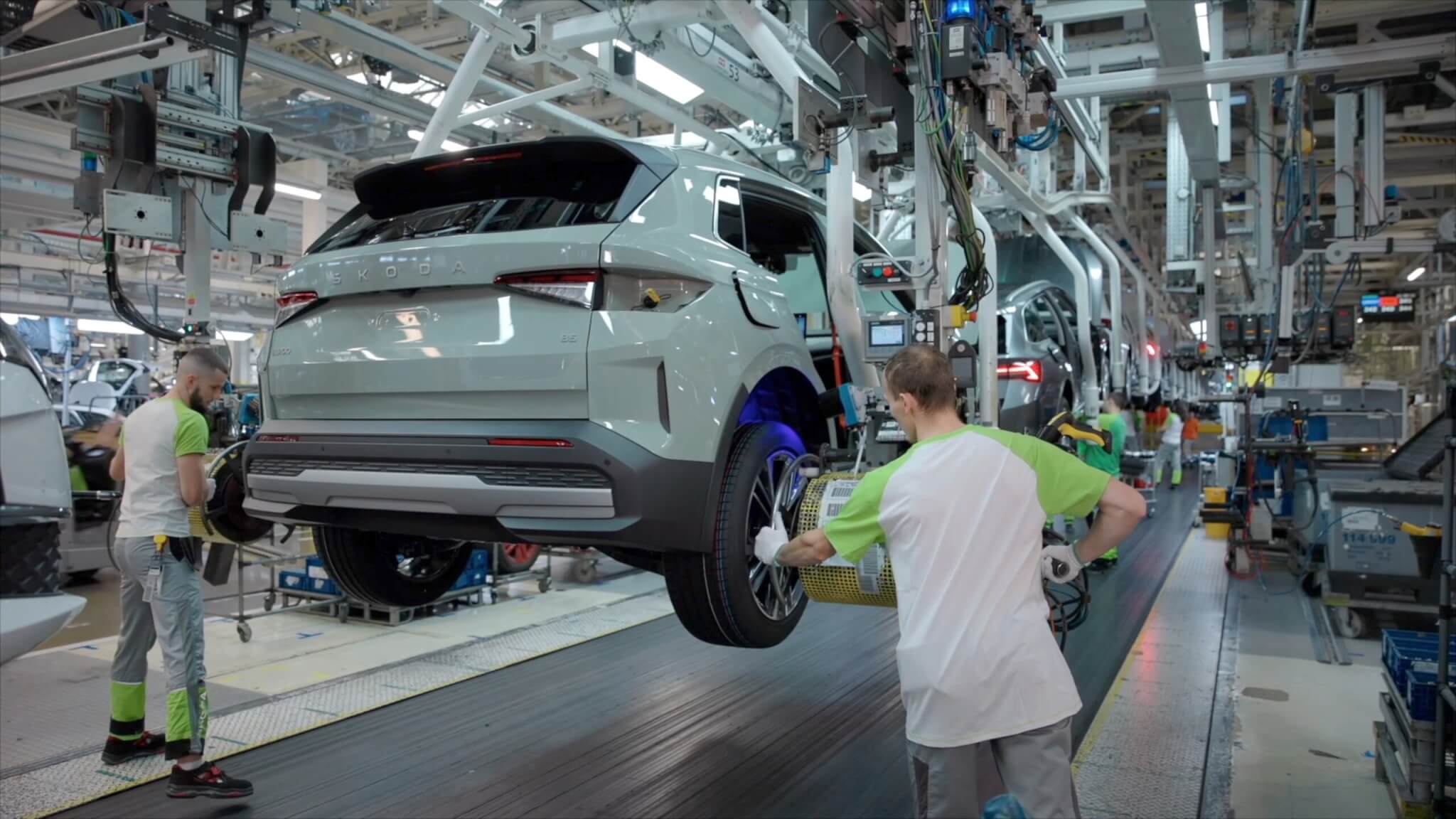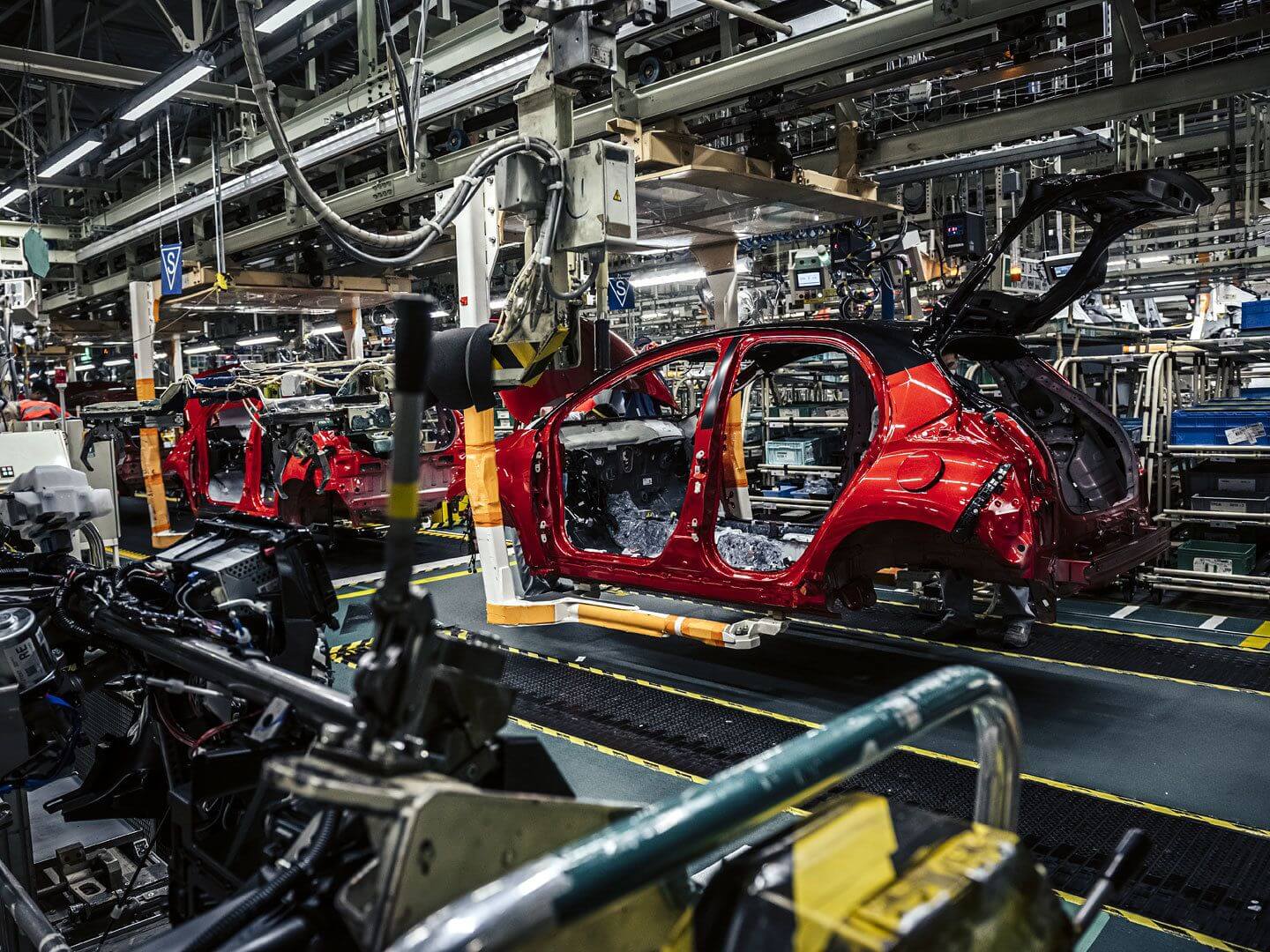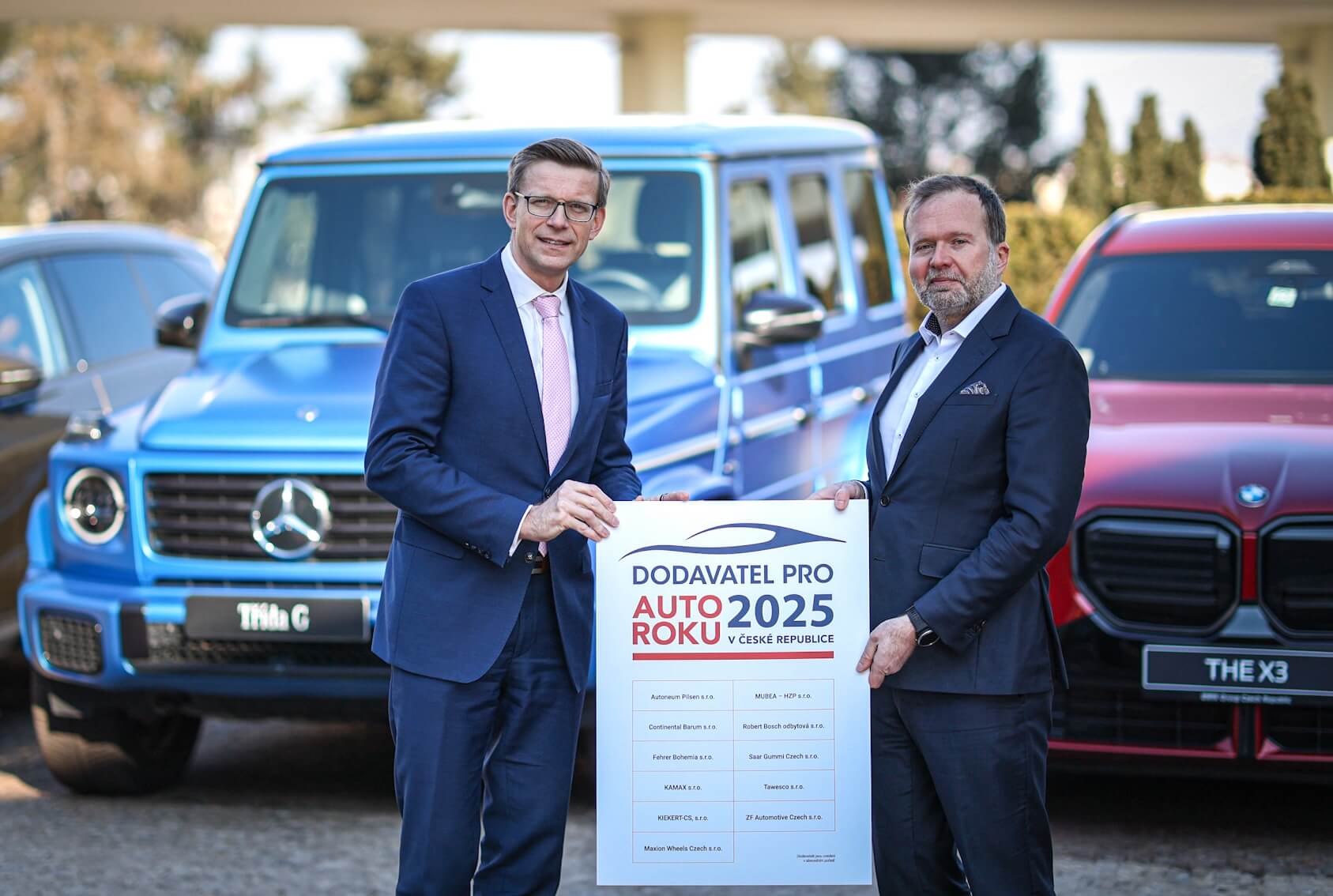Czech Republic paves the way for autonomous driving: the President signed a key amendment to the law
On 24 April 2025, the President of the Republic signed an amendment to the law that creates a clear legislative framework for the operation of autonomous vehicles on Czech roads. The amendment will allow the operation of vehicles equipped with SAE Level 3 au









